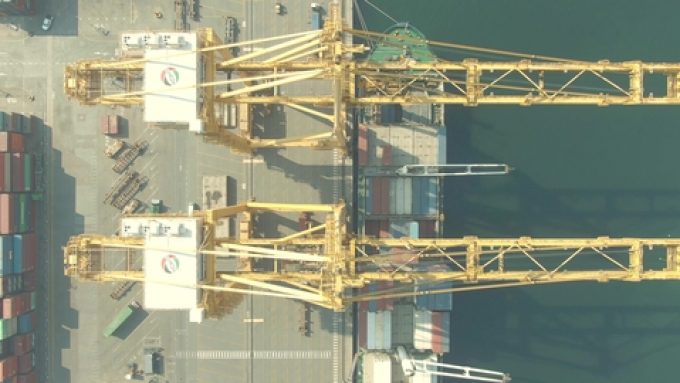New barge services a boost for shippers looking to source in Vietnam
The growing appeal of Vietnam as a sourcing location has always been challenged by its ...

A post-pandemic push to diversify and shorten supply chains poses new risks to cargo owners, a senior container transport executive has warned.
Following the virus outbreak in China and subsequent ripples of supply chain disruption worldwide, calls for near-shoring and an end to over-reliance on a ...

Comment on this article
Rick
June 15, 2020 at 9:48 amPost-COVID is a term I distrust. I mean. it’s still pretty much relevant and active, early to think about the future.
https://corontine.live/
I get the desire to move on, but we need to keep safe.